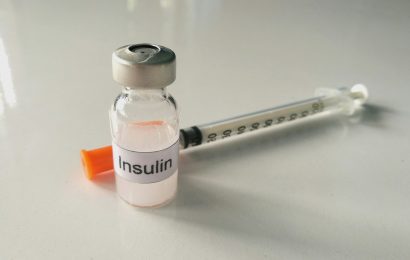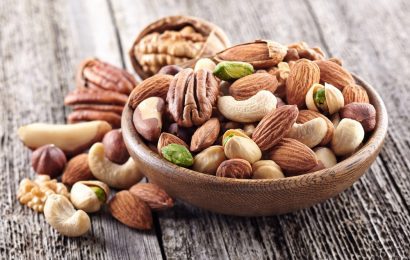I got a call from Kaiser this morning. My stool screen showed positive for blood. It could be polyps or it could be cancer.
Not a good way to start the day. The doctor who called said not to worry. “If it’s cancer, we’ll just remove some of the large intestine, along with chemotherapy.” She said I should get a colonoscopy as soon as possible. I said I’d get back to her.
Things started improving when I looked up bitter melon for a blog entry. It turns out my favorite plant medicine for diabetes is also a cancer fighter.
Bitter melon is a member of the squash family that grows in many tropical countries. It looks like a warty cucumber and tastes like bitter squash. Its scientific name is Momordica charantia. It goes by many names: karela and bitter gourd are two of the most common.
Karela has been used in Asia for hundreds of years as medicine, especially for diabetes. Many of our readers testify that it has brought their numbers to near-normal without other medications. If you’re not up to speed on this wonderful treatment, read my articles here and here.
Bitter melon has many other medical uses. Now scientists are exploring its ability to fight cancer.
Research at St. Louis University is investigating whether bitter melon can help prevent prostate cancer and stop the spread of head and neck cancers in mice. It seems to cause cell death in a number of kinds of cancer in test tubes and animals.
Lead researcher Ratna Ray, PhD, believes “bitter melon holds great potential in the field of anti-cancer medicine.” Other studies have already found that bitter melon kills pancreatic cancer and breast cancer cells.
The pancreatic cancer finding is interesting. According to Live in the Now, researcher Rajesh Agarwal, PhD, of the University of Colorado Cancer Center said they looked at pancreatic cancer because of the diabetes connection. People with diabetes “are known to be at much higher risk of developing [pancreatic cancer] and bitter melon has been shown to affect diabetes through centuries of use in China and India.”
But I was interested in colon cancer. What about that? It turns out a study done by researchers at the University of Kansas Medical Center and at Vels University in Chennai, India (what a world where such collaborations are possible!) found that bitter melon extracts inhibited growth and killed colon cancer cells. Good to hear!
I’m still going for the colonoscopy and will listen to what they have to say. But I will definitely go with bitter melon and other natural treatments too.
Learning about bitter melon and diabetes
Meanwhile, more people are learning about the value of bitter melon for diabetes. Alternative medicine advocate Joseph Mercola quoted one of our readers’ stories about how bitter melon tea essentially brought her husband’s out-of-control diabetes back to normal. He recommends his readers with diabetes should consider bitter melon.
Mercola also mentions aloe vera as a powerful diabetes treatment. There is good evidence for aloe, and also for the plant medicines mulberry, okra, apple cider vinegar, insulin plant, and guava, among others.
These different plants work in different ways, not all of them understood. Mulberry seems to slow glucose entry into the bloodstream. Bitter melon activates chemicals including AMPK, which helps cells take glucose in and burn it for energy. You will probably need to experiment on yourself to find the right one, but they are all cheap and appear to have relatively few side effects.
Best to tell your doctor what you are doing, because in some cases there may be a risk of hypos if you are on insulin or certain oral diabetes medicines, such as sulfonylureas. But these options are worth a try. I’m certainly going to start bitter melon for my gut health.
There are times when the fear of diabetes complications can make us feel like the protagonist in a horror film, says Scott Coulter. Bookmark DiabetesSelfManagement.com and tune in tomorrow to read more.





